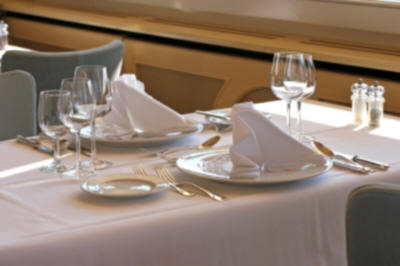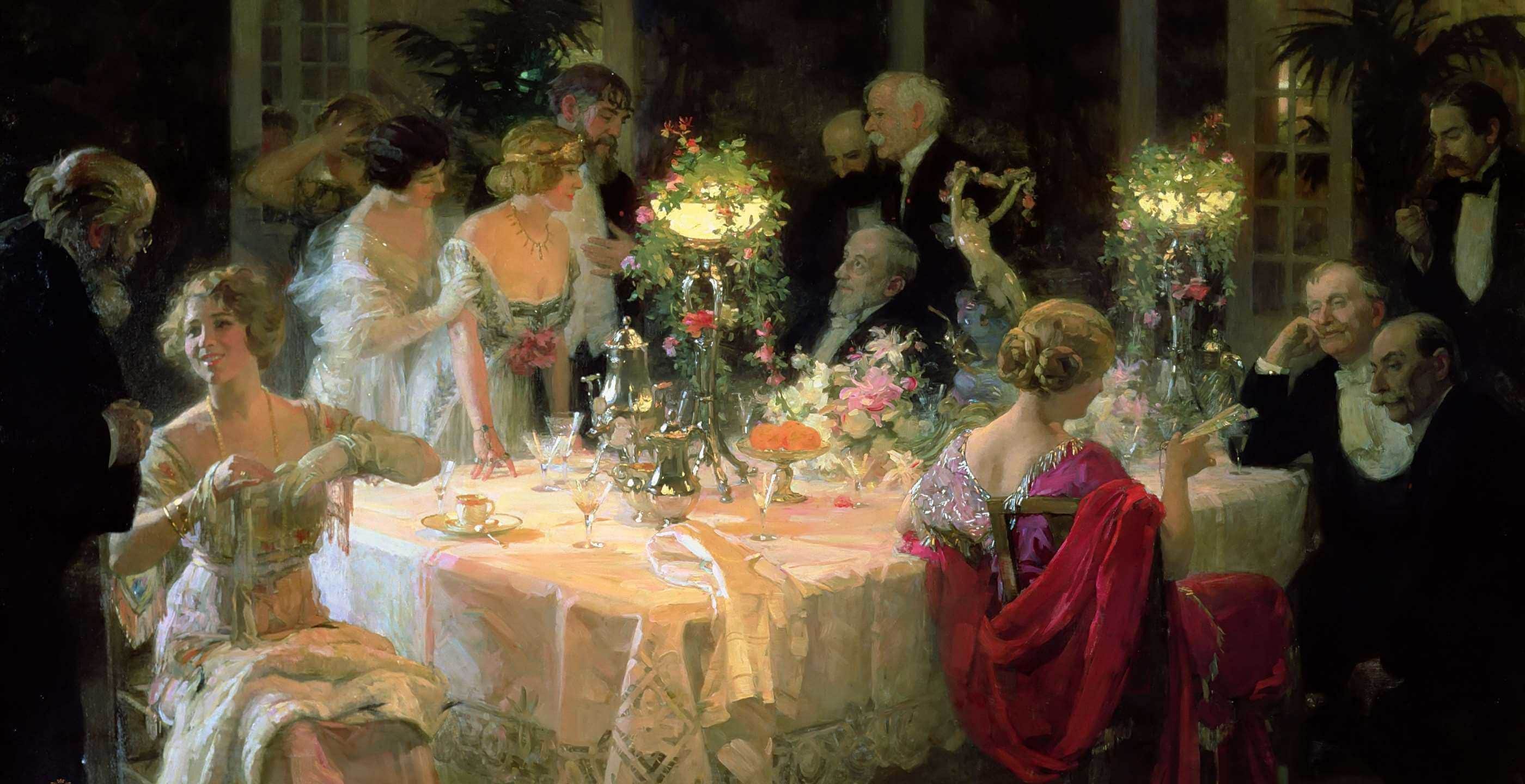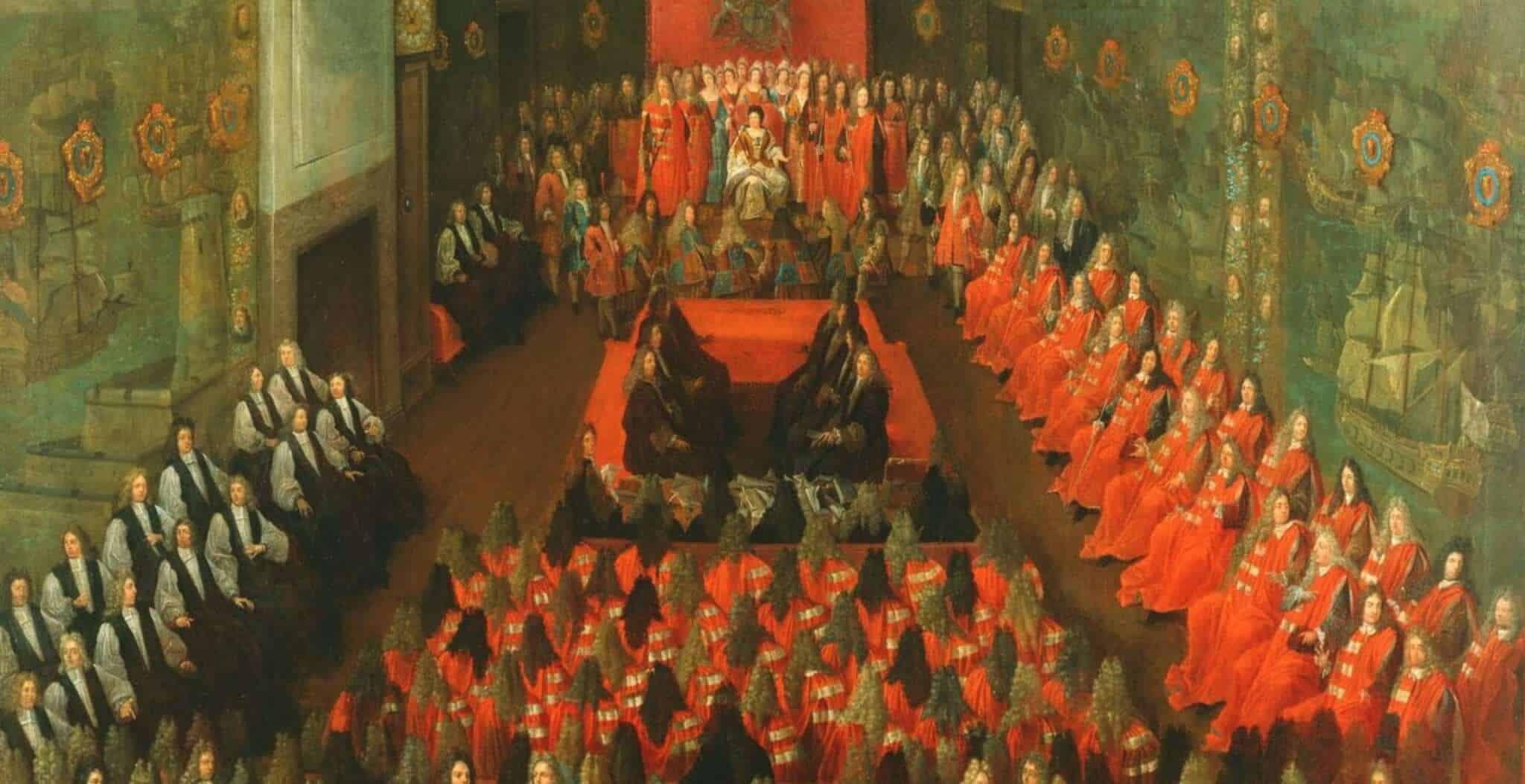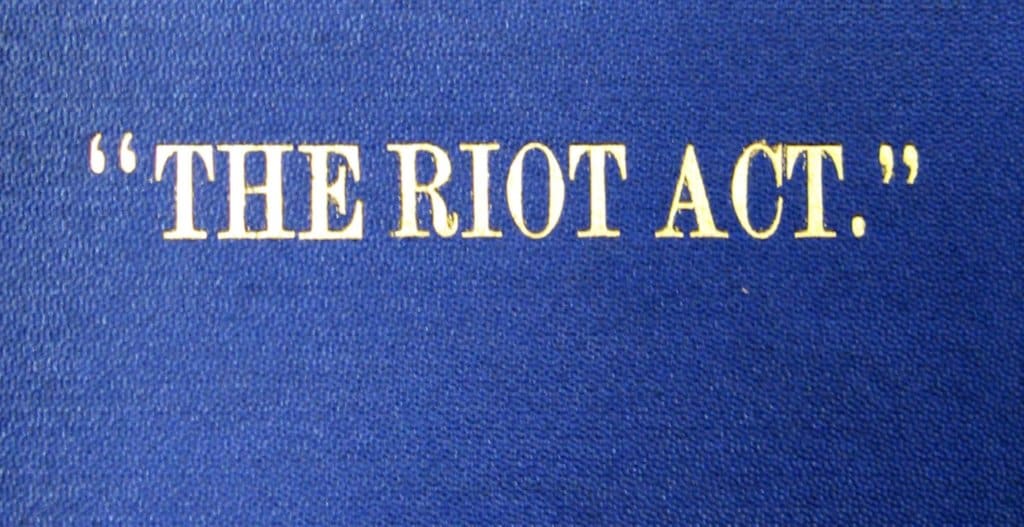Whilst the English penchant for manners and socially appropriate behaviour is renowned across the world, the word etiquette to which we so often refer actually originates from the French estiquette –“to attach or stick”. Indeed the modern understanding of the word can be linked to the Court of the French King Louis XIV, who used small placards called etiquettes, as a reminder to courtiers of accepted ‘house rules’ such as not walking through certain areas of the palace gardens.
Every culture across the ages has been defined by the concept of etiquette and accepted social interaction. However, it is the British – and the English in particular – who have historically been known to place a great deal of importance in good manners. Whether it be in relation to speech, timeliness, body language or dining, politeness is key.
British etiquette dictates courteousness at all times, which means forming an orderly queue in a shop or for public transport, saying excuse me when someone is blocking your way and saying please and thank you for any service you have received is de rigueur.
The British reputation for being reserved is not without merit. Overfamiliarity of personal space or behaviour is a big no-no! When meeting someone for the first time a handshake is always preferable to a hug and a kiss on the cheek is reserved for close friends only. Asking personal questions about salary, relationship status, weight or age (particularly in the case of more ‘mature’ ladies) is also frowned upon.
Traditionally, one of the best examples of the British etiquette is the importance placed on punctuality. It is considered rude to arrive late to a business meeting, medical appointment or formal social occasion such as a wedding. As such it is advisable to arrive 5-10 minutes early to appear professional, prepared and unflustered as a mark of respect to your host. Conversely, should you arrive too early to a dinner party this could also appear slightly rude and ruin the atmosphere for the evening if the host is still completing their preparations. For the same reason an unannounced house call is often frowned upon for risk of inconveniencing the home owner.
Should you be invited to a British dinner party it is customary for a dinner guest to bring a gift for the host or hostess, such as a bottle of wine, a bouquet of flowers or chocolates. Good table manners are essential (particularly if you want to be invited back!) and unless you are attending a barbeque or an informal buffet it is frowned upon to use fingers rather than cutlery to eat. The cutlery should also be held correctly, i.e. the knife in the right hand and the fork in the left hand with the prongs pointing downwards and the food pushed onto the back of the fork with the knife rather than ‘scooped’. At a formal dinner party when there are numerous utensils at your place setting it is customary to begin with the utensils on the outside and work your way inward with each course.

As the guest it is polite to wait until everyone at the table has been served and your host starts eating or indicates that you should do so. Once the meal has begun it is impolite to reach over someone else’s plate for an item such as seasoning or a food platter; it is more considerate to ask for the item to be passed to you. Leaning your elbows on the table whilst you are eating is also considered rude.
Slurping or making other such loud noises whilst eating is completely frowned upon. As with yawning or coughing it is also considered very rude to chew open-mouthed or talk when there is still food in your mouth. These actions imply that a person was not brought up to adhere to good manners, a criticism against not only the offender but their family too!
Social classes
Rules of etiquette are usually unwritten and passed down from generation to generation, although in days gone by it was common for young ladies to attend a finishing school to ensure their manners were up to scratch. An attribute which was felt particularly crucial in securing a suitable husband!
Whilst today good manners and etiquette are seen as a sign of respect, particularly to those more senior (in either age or position), in Victorian England when the class system was alive and well, etiquette was often used as a social weapon in the interests of social advancement or exclusion.
The evolution of etiquette
More recently, a rise in multiculturalism, a changing economy and the introduction of social and gender specific equality laws have all played a part in Britain moving away from its rigid class system of old and therefore a more informal attitude to social etiquette has arisen. However, today – like the rest of the world – Britain has been influenced by the importance of corporate etiquette, with a shift in focus from the social or household setting to an emphasis on business etiquette and protocol. With the whole concept of etiquette being dependent on culture, for a business to succeed internationally it is important to be aware that what is considered good manners in one society may be rude to another. For instance the “okay” gesture – made by connecting the thumb and forefinger in a circle and holding the other fingers straight, is recognised in Britain and North America as a signal to question or confirm that a person is well or safe. However in parts of southern Europe and South America this is an offensive gesture.
Thus the etiquette of business has become a set of written and unwritten rules of conduct that make social interactions run more smoothly, whether during interaction with a co-worker or contact with external or international colleagues.
Indeed, the rise in online business and social media sites has even seen the creation of a worldwide ‘online society’, necessitating its own rules of conduct, commonly referred to as Netiquette, or network etiquette. These rules regarding the protocol for such communications as email, forums and blogs are constantly being redefined as the internet continues to evolve. So whilst the traditionally accepted behaviours of old may not have the influence they once did, it could be argued that etiquette is as crucial in today’s far-reaching society as it has ever been.








